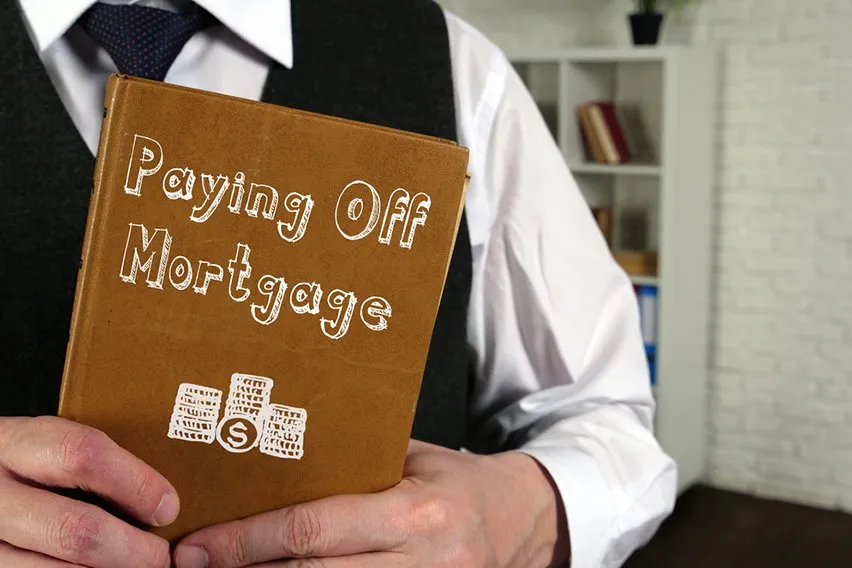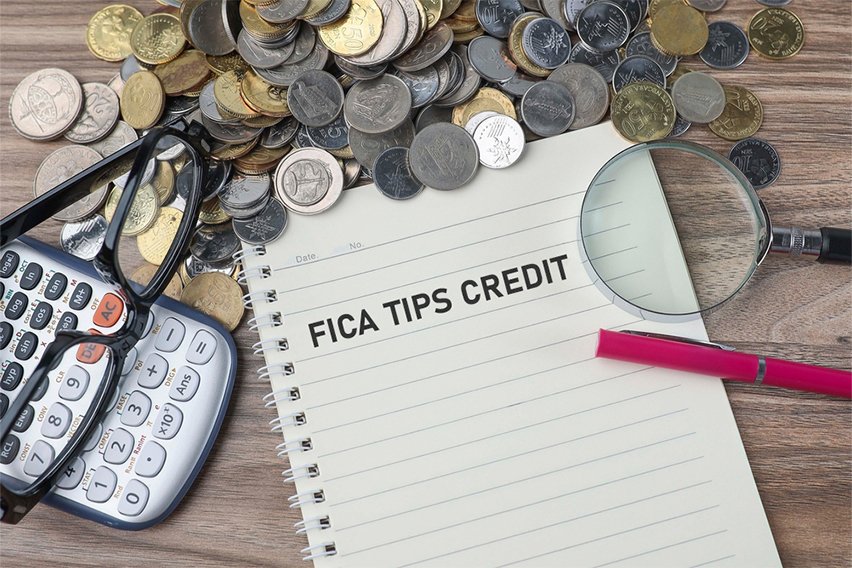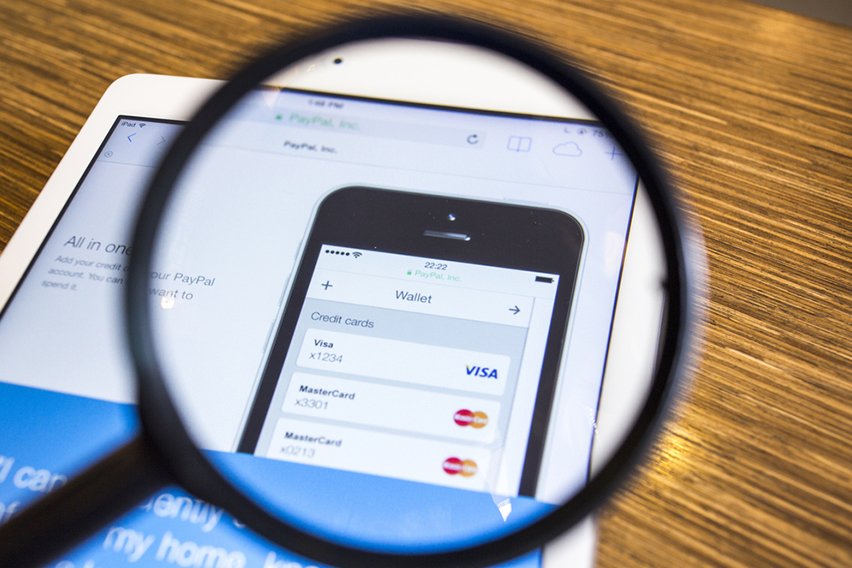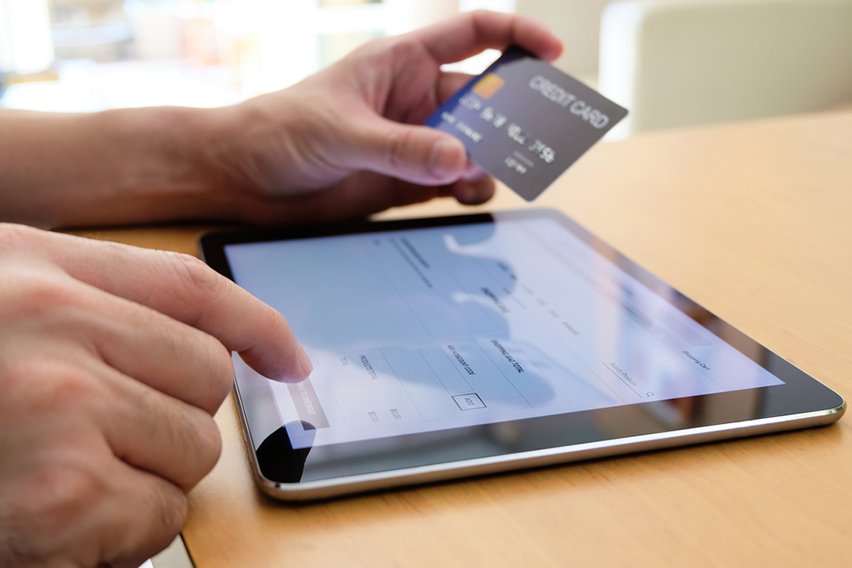The Best Way to Pay Off Mortgage Early: 5 Methods

Paying off your mortgage early is a financial dream for many of us! Make it come true with these 5 methods.
For those of you who dream of living completely debt-free, you are in the right place! This guide will show you the best ways to pay down your mortgage early.
Here’s What We’ll Cover:
Should You Pay Your Mortgage off Faster?
A 30-year mortgage is pretty painful. It sounds like a given that you would want to relieve the biggest debt of your life as soon as possible right? Well not always! Paying off your mortgage faster might actually be a hindrance to your financial goals.
Paying off your mortgage loan early is worthwhile if:
- You plan to stay in one home for the long haul
- You don’t plan to relocate or refinance
- You are sensitive to debt and would feel better mentally without it
- The mortgage interest rates are not in your favor

5 Ways to Pay Off Your House Early
1. Make Extra House Payments
This is the most flexible way to pay down your house debt early. You simply pay a little extra cash when you can.
Say you have a big tax refund. That can go straight toward your mortgage and help reduce the debt. Ad-hoc payments may sound ineffective, but every little helps. You will end up paying off your mortgage in a shorter period.
2. Refinance to a Shorter Mortgage Agreement
Refinancing to a shorter loan term mortgage could be an option for you. A 30-year term is the most popular. You could bring that down to a 15-year fixed-rate mortgage if it’s financially realistic for you.
You’ll be covering a much bigger monthly payment if you shorten your mortgage contract term. Be sure to check your monthly expenses and have a padded emergency fund. If you have quite-high interest rates, refinancing may not be a bad idea anyway. Refinance your longer-term home loan to a 15-year loan.
If your interest rates are reasonable and refinancing won’t get you a better deal, there are still options. You can pay some extra money with your monthly mortgage payment as if it was an unofficial 15-year mortgage. You get the same benefit without harming your interest rate.
3. Consider Biweekly Payments
Most mortgages are paid in monthly installments. Bi-weekly payments are one of the fastest ways of paying down a mortgage.
Speak to your loan provider about creating a custom plan for your mortgage payments. You’ll want to make sure that they are recording your payments correctly.
You have to be careful about your lender’s terms and conditions. Some will try to charge you extra fees to have a bi-weekly payment plan. Don’t fall for it!
4. Pay a Lump Sum to Bring Your Mortgage Balance Down
If you come into some money, that can be an extra mortgage payment. This is for significantly large amounts as and when you have it.
You’ll have to let your mortgage lender know you intend to make a large sum and how you want the money allocated.
If you don’t tell them specifically where you want the money to go, they’ll do what’s best for them. That would be splitting the money between your principal and your interest payments.
The best thing for you is to pay down your principal only. Paying down your mortgage principal balance means fewer interest payments.
Beware – there is such a thing as a prepayment penalty. So make sure you read the fine print.

5. Downsize
Most of the methods above involve paying more money in the short term. You either have a large sum that you put toward the mortgage. Or you increase the number of payments you make per year. Either way, you’re paying more.
The only way to 100% pay less is to downsize. This can be a little painful but you’ll save thousands of dollars. The major benefit of downsizing is having more money in savings. Moving to a smaller house lowers your cost of living as well as your mortgage payments. You can therefore put more of your monthly income toward retirement savings. If you really want a shorter mortgage, selling your house for a smaller, more affordable property may be a good move.
Key Takeaways
Paying off your mortgage debt early is a big financial decision. It’s a great financial goal to live debt-free. But remember, if you intend to move in the future, it may not be worth the investment. A mortgage is considered “good debt” so don’t stress too much. Credit card debt and student loan debt should be higher priorities.
For more personal finance guides, check out our resource hub.
RELATED ARTICLES

 How FICA Tips Credit Works & Help Business
How FICA Tips Credit Works & Help Business NEFT Vs RTGS Vs IMPS: What’s the Difference?
NEFT Vs RTGS Vs IMPS: What’s the Difference? What Is Supplemental Pay and How Does It Affect Taxes?
What Is Supplemental Pay and How Does It Affect Taxes? How Much Does Stripe Charge: Guide to Cost & Pricing
How Much Does Stripe Charge: Guide to Cost & Pricing How To Refund On PayPal in 6 Easy Steps
How To Refund On PayPal in 6 Easy Steps How Does Stripe Work? A Beginner’s Guide
How Does Stripe Work? A Beginner’s Guide